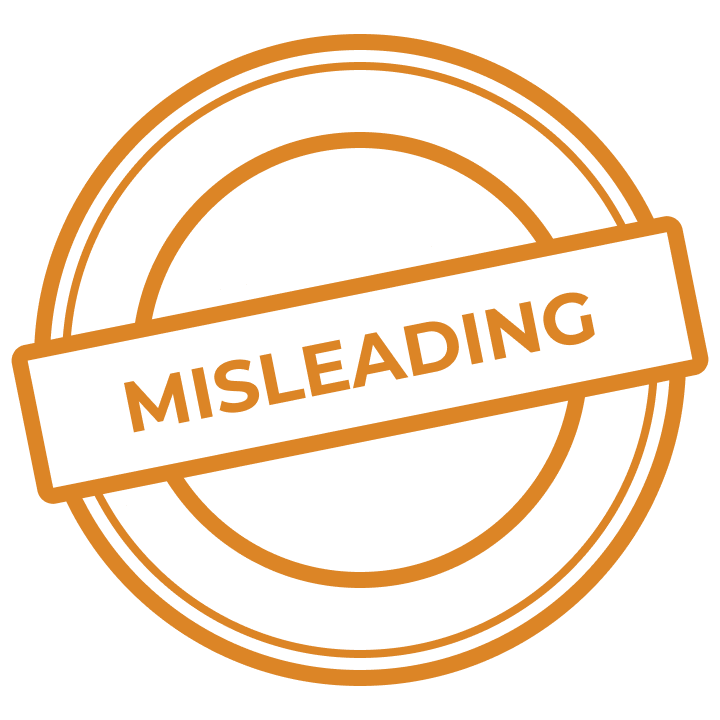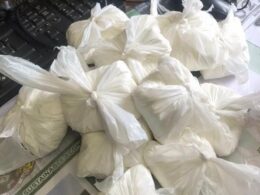Claim: A social media user claimed that people who have been with Covid-19 and recovered do not have to vaccinated as they have built enough antibodies in their system.
The Secretary-General of the Zimbabwe Association of Doctors for Human Rights Doctor Norman Matara said people should get vaccinated even if they have had Covid-19 virus.
“Even if you had Covid-19 we are encouraging people to get vaccinated because you may have antibodies but what we are seeing is that the antibodies from natural infection are decreasing with time such that we are finding people getting infected with Covid-19 for the second or even third time, so you need to get vaccinated even if you have had Covid-19. Yes, you can still infect other people but the chances are a bit lower when you are vaccinated than when you are not,” he said.
Meanwhile, Medicine Infectious disease specialist Jennifer Pisano from the University of Chicago said she recommends vaccination even after a Covid-19 infection to get the best protection.
“While we know recovering from a Covid-19 infection means you will have circulating antibodies in your system, we are still learning about how the immune system handles the antibody response after a natural infection,” said Pisano.
“We are not sure how protective the antibodies are from different kinds of infections such as an asymptomatic infection versus a symptomatic infection. With vaccination, we know that people with healthy immune systems are getting a great antibody response. So, I would recommend vaccination even after a Covid-19 infection to get the best protection,” she said.
In addition, CITE also contacted the Health Desk Experts through email who explained how antibodies work.
“The body’s immune system is like its military. It provides a natural defence against any foreign invaders and threats, which we call ‘pathogens’. Pathogens can be things like viruses, bacteria, and microorganisms that are trying to use the body as a host to divide and multiply. When the immune system recognizes a pathogen, one of its most important responses is releasing something called antibodies. Antibodies find key parts of a virus and mark it so our bodies know to kill it,” said the experts.
“After we get infected with something, our immune systems often remember how to make the antibodies that can launch a defence against the pathogen. Antibodies aren’t the only function involved in our immune response to a pathogen, but they are one of the strongest estimators of how much protection someone has against an invader.”
The experts said the number of COVID-19 antibodies someone has may indicate how protected that person is from the virus.
“A recent preprint study, which has not been reviewed or formally criticized by other scientists in a scientific journal, noted that COVID-19 vaccines may produce ten times more antibodies than getting and recovering from COVID-19,” said the experts.
The experts said COVID-19 vaccines have been shown to produce substantial numbers of antibodies in people who received them.
“Contrary to some online claims, the vaccines do not destroy antibodies for other diseases or viruses.”
The Health Desk Experts said Current data shows that roughly 10% of infected people do not have measurable antibodies once they recover from COVID-19.
“7% don’t have T-cells that remember the virus one month after infection, and up to 5% of people may lose their natural immunity within a few months. Compare that to vaccines, where a recent study showed that four months after receiving one dose of the Moderna vaccine, 100% of all participants produced antibodies.”
“These antibody levels were much higher in vaccinated people than in those who had natural immunity to the virus. The difference can be six to ten times higher in those who have received the injections,” said the experts.
They added that antibody production varies in people who have had mild or asymptomatic infections, especially when compared to those who have been hospitalized or had severe symptoms.
“With the vaccine, almost all recipients tested have seen a robust immune system response, including increased antibody levels,” they said.
“However, some recent studies have noted that people who have had infections may not benefit as much as those who had not been infected, if at all. Despite this lack of potential benefit that may exist, doctors still overwhelmingly urge people who have been infected to receive the vaccine for both their own health and the health of their communities. More research is needed and will continue occurring in this space for the foreseeable future,” said the Health desk experts.









